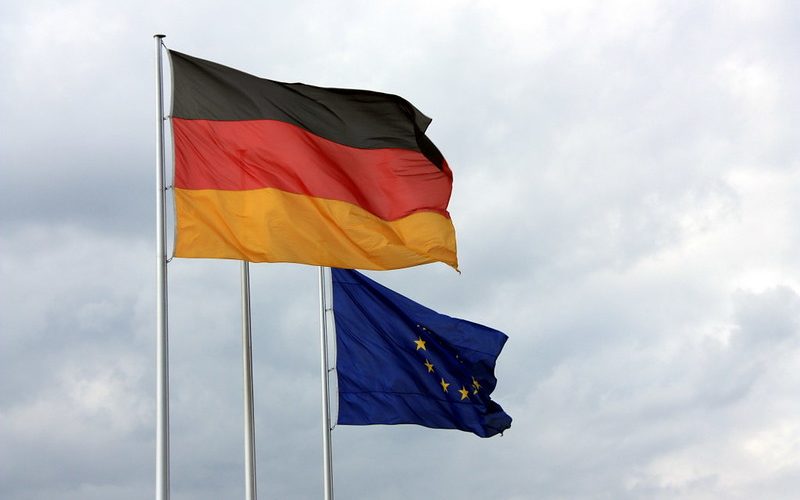
The EastMed Pipeline: What is Happening?
Throughout the past years, the “Eastern Mediterranean Pipeline,” an ambitious pipeline project launched in 2020 following the agreement signed in Athens by Greece, Cyprus, and Israel, has frequently appeared in international news, particularly those concerning the oil and gas industry. According to the original plans, the pipeline should transport natural gas from the Israeli gas field Leviathan through the Cypriot one, Aphrodite, to Greece and then to neighboring Italy as well as other European countries. Undoubtedly, it seemed the perfect alternative to decrease the EU’s dependence on Russian gas. But what caused the project’s demise?

Germany and the sovereign debt crisis: How Angela Merkel’s initial reluctance towards Greece turned into her support
After 16 years as German Chancellor, Angela Merkel will not stand again in the German federal elections. This means that not only Germany but also the EU is losing one of its most experienced politicians. From the sovereign debt crisis to the migration crisis and the current impact of the COVID-19 pandemic, Merkel has most of the time managed to maintain her reputation as a crisis manager. Some 10 years after her “first” crisis, the sovereign debt crisis in the EU, it is time to look at her decisions and especially the handling of Greece: Why did the German government initially resist financial support for Greece but eventually (and reluctantly) agreed to it?

An Introduction To The Eastern Mediterranean – The “Problematic” Triangle: Turkey, Cyprus, and Greece
The Eastern Mediterranean has been the historic crossroads of four regions: Europe, the Middle East, Africa, and Asia. Except for being the “home” of their multiple and diverse geographic affiliations and varied political identities, it also constitutes a territory of great strategic importance. The sixth and last part of this series discusses the “problematic” triangle: Turkey, Cyprus, Greece.

